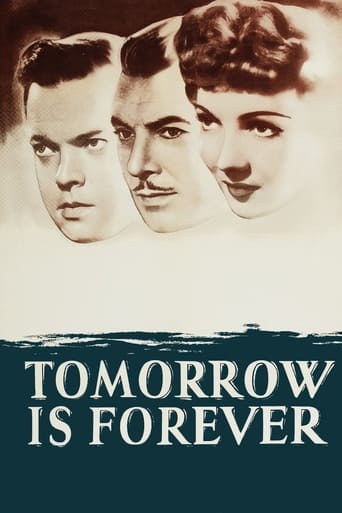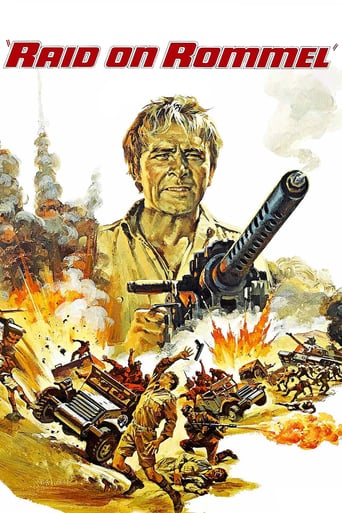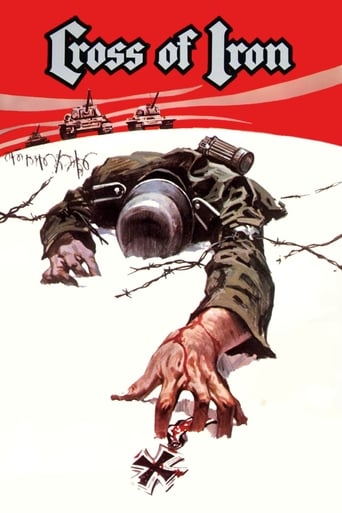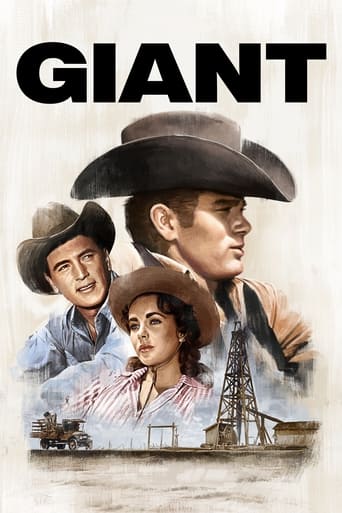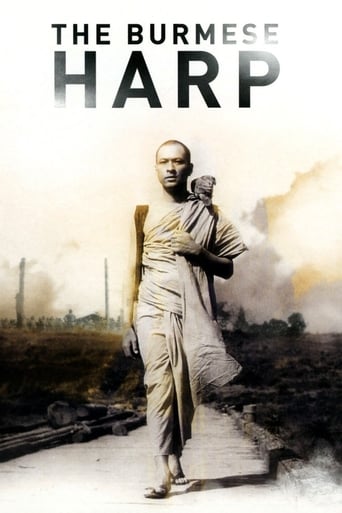


The Burmese Harp
In Burma during the closing days of WWII, a Japanese soldier separated from his unit disguises himself as a Buddhist monk to escape imprisonment as a POW.
-
- Cast:
- Rentaro Mikuni , Shōji Yasui , Taketoshi Naitō , Kō Nishimura , Tomio Aoki , Kunitaro Sawamura , Asao Sano


Similar titles
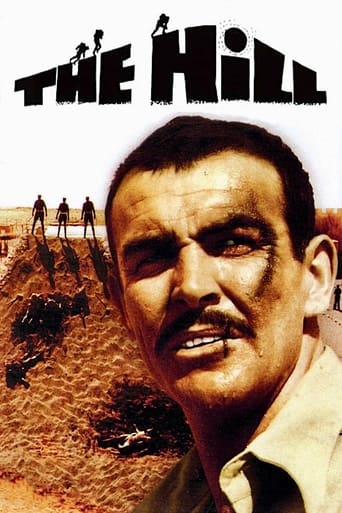
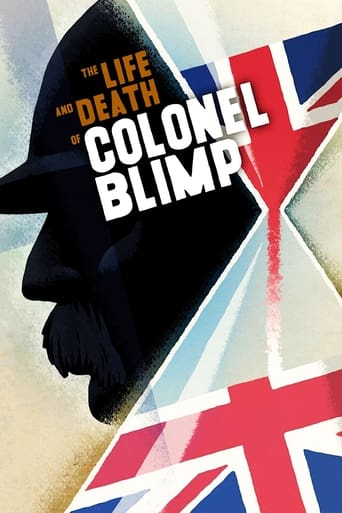
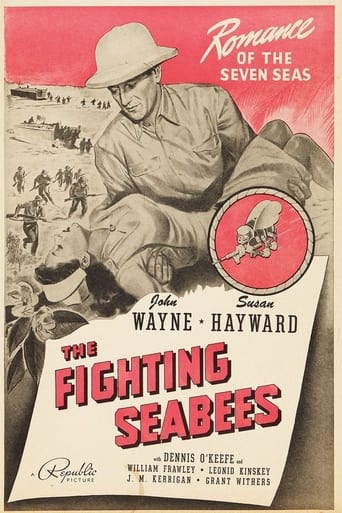
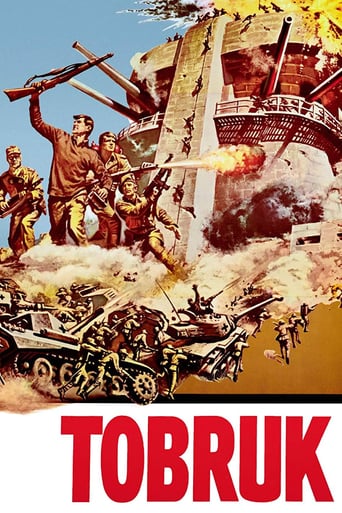
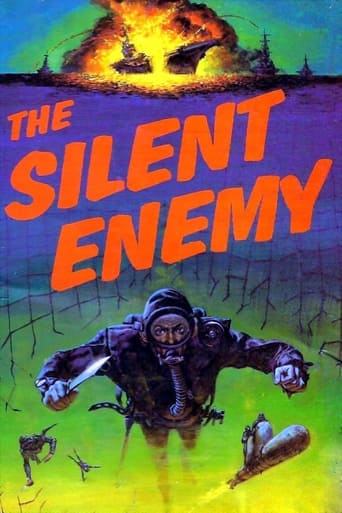
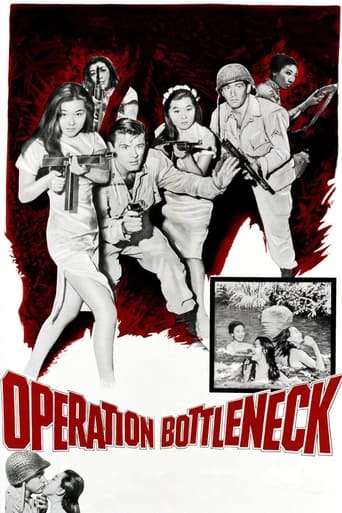
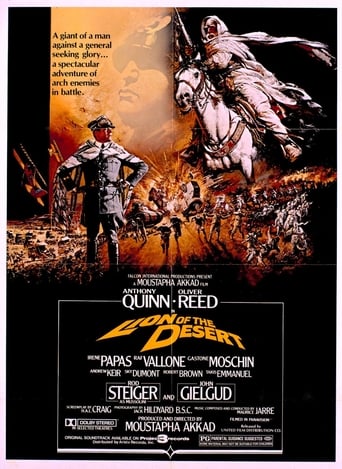
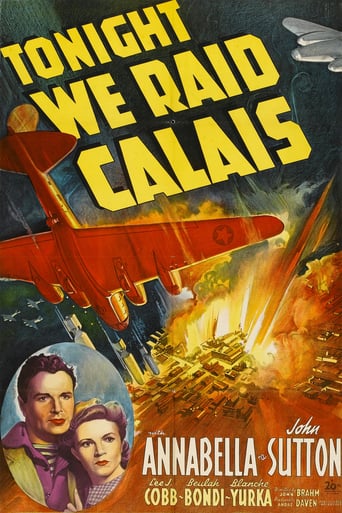
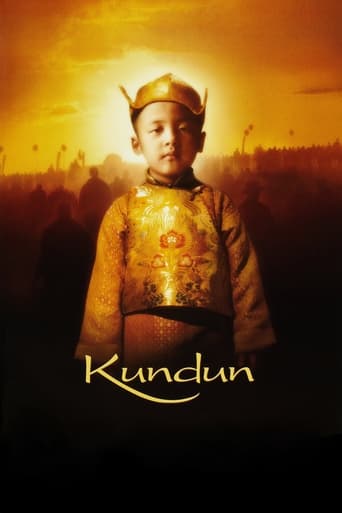
Reviews
You won't be disappointed!
It's fun, it's light, [but] it has a hard time when its tries to get heavy.
if their story seems completely bonkers, almost like a feverish work of fiction, you ain't heard nothing yet.
Close shines in drama with strong language, adult themes.
The war theme was quite popular during the post-war period in different kinds of arts, especially film production. Therefore, we can observe lots of films, which were under strict censorship of governments, about the particular battles, persons or big events with a purpose to agitate a patriotism and undermine the reputation of the ex-enemy. Therefore, on the background of these films, Kon Ichikawa tried to shoot a film about the war, without single propaganda for or against anyone. Instead, he "filled" the film with the abstract thoughts about life, which are tightly connected with Buddhism, during the war and, literally, lots of songs and hymns. That is why you could get it as Japanese musical about war with some deep meaning. Due to the shooting date, I cannot properly assess the picture and sound quality: the main thing - you see and hear something. However, there is no doubt about the cast. The play of every soldier of Captain Inouye's group was felt as a representation of real soldiers of WWII because you could see individual thoughts and feelings towards particular events around them. Moreover, Rentaro Mukini, who had a starring role, showed the exemplary model of commander, who cares about the people's lives more than heroic actions with the clear death of the whole troop. Still, Mr. Yasui, who played the central personage of the whole film - Mizushima, made a great effort to persuade the audience that there could be a sudden enlightenment and decision to stay at Burma, despite that you have a chance to go back home. Sudden decision to become a monk. Certainly, the director was inspired by Zen Buddhism, especially the Rinzai school and its idea of gradual enlightenment. According to broad claim, this film was as recognized Buddhistic, due to the several signs as the speech of the monk "Burma is Buddha's country". But, I could not agree with it. The presence of temples and monks adds certain level spirituality and, in this case, serves as vital bond in the screenplay for more dramatic upshot rather than a sacred message to the audience. To sum up, the audience of this film is certainly sufficiently narrow. If you want to be in this group, you must have: 1) certain interest in the World War II history; 2) desire to watch the 2-hour-long black-and-white grainy film; 3) patience toward simple and obvious plot. At the end of watching, you can surely say that you watched worthy Buddhistic film from respected Japanese director.
In this masterful antiwar movie Kon Ichikawa uses the big emotional impact of music and singing. It goes straight to the heart of the spectator.The soil of Burma is red with blood of fallen Japanese soldiers. Nobody is there to bury their corpses decently, until one soldier, disguised as a Buddhist monk, takes the herculean task on his shoulders. Kon Ishikawa asks in his movie: 'why must the world suffer such misery?' But, the example of one soldier who survived the onslaught, gives the devastated world a glimmer of hope. Indeed, 'our work is simply to ease the great suffering of the world.'In one of the extras, the actor Rentano Mikuni reveals that bayonet drills in the Japanese army were 'performed' on living prisoners of war! This movie is a real masterpiece. A must see, also the extras.
At the end of WWII, a Japanese platoon is stationed in the jungles of Burma, who have impressive singing skills inspired by their star musician, Private Mizushima...and his harp. Mizushima becomes separated from his company and is presumed dead. Stealing the robes from a Buddhist monk who saves his life, he disguises himself to avoid suspicion as he goes in search of the British prison camp where his platoon awaits repatriation, but is unprepared for the new perspective the stolen robes provide. The initial selfish act of theft contain the seeds of the thief's selfless future. Mizushima's spiritual transformation from a fake monk, thief and soldier of war to that of a genuine bodhisattva warrior (a peaceful 'warrior' of wisdom, compassion and generosity) is reflected in a wonderful and unforgettable scene where his platoon assembles for choral practice in front of a large reclining Buddha statue. As the platoon begins to sing, they are baffled by the mysterious and beautiful harp accompaniment that seems to emanate from inside the body of the Buddha statue, where unknown to the platoon, Mizushima, who is thought to be dead, has taken refuge... and has himself become an instrument of peace.
This movie did not move me nearly as much as it seems to have moved others, perhaps because it resembles in certain respects other stories about World War II survivors. I can't help wondering how I would have reacted if I'd seen it when it was originally released. I suspect I would have found it much more affecting then than I do today. To be sure, the locale is more exotic than many other war survivor movies (though one suspects it was not actually shot in Burma). The gritty black-and-white film gives it a bit of a newsreel quality. But despite the left-over bones on the landscape, it does not make for a particularly powerful antiwar statement. All it really tells us is that Japanese soldiers were people too and one of them felt a pull to a more spiritual calling which he obeyed rather than return home with his wartime comrades.

